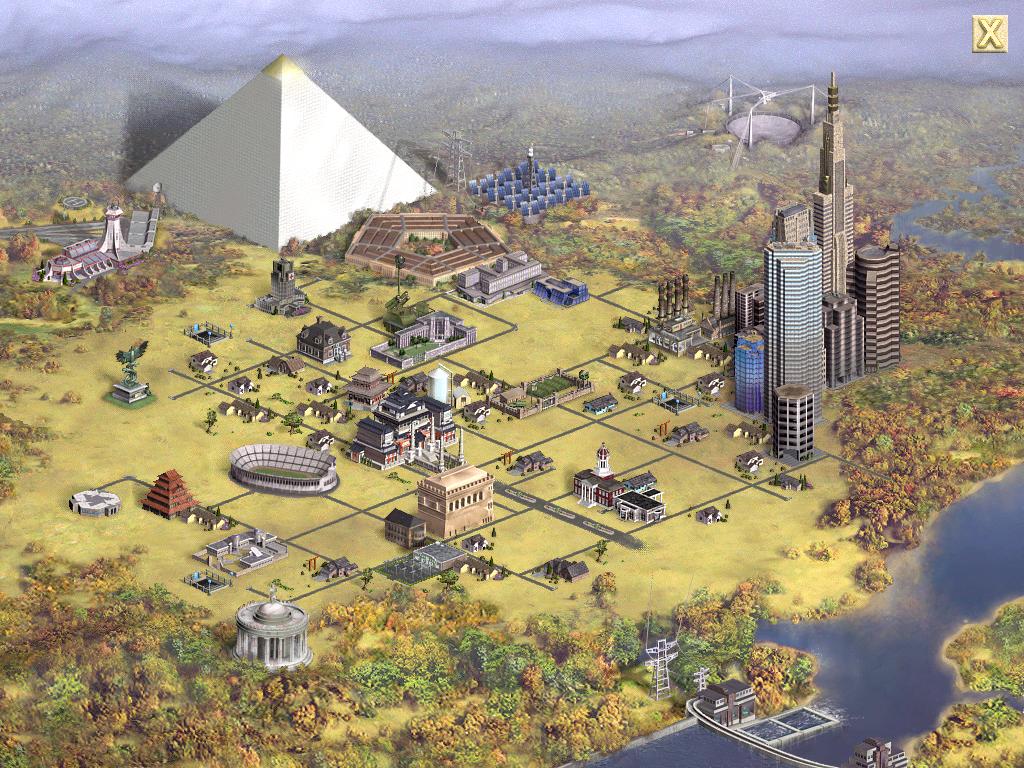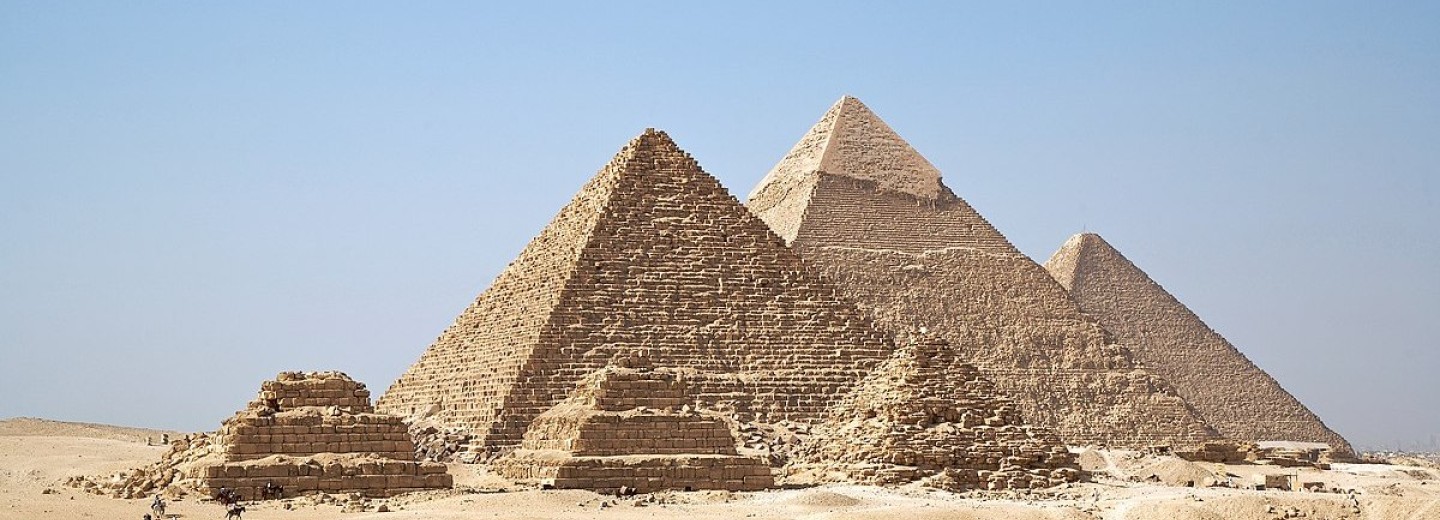Civilization
One of the great strategic games of the early personal computer age was ‘Civilisation’. In a different edition, it exists today. My sons and I played it endlessly. The game starts with a lone settler who, by cunning, diligence, commerce and science must establish their city, then province, then country and then take over the world. (The objective begs the question ‘why?’ This is important in the real world; in the game players need no explanation.)
As a confirmed pacifist, my aim was always to become great peacefully. I wanted my cities to be smarter, bigger, richer – more advanced. I wanted to achieve my goal without military forces or fighting.
I failed every time.

At the height of my civilisation’s powers, the game’s algorithms would ensure that another tribe attacked me without provocation. Its assaults would either force me into war or annihilate my beautiful, clever, civilisation.
I have reflected on this often. How can the word ‘civilisation’ describe a culture that depends on death to succeed – or maintain its existence?
A historical glance through three civilisations shows us the sad reality.
China
In his book ‘Why China Slept’, Professor Patrick Leung highlights four ‘competitive periods’ in recent Chinese history. Starting in 771 BCE, 220, 907 and 1839 CE each period saw divisions, warfare, poverty, famine lasting for over 200 years. Yet, each period also led to the most significant advances in science, the arts and commerce. These led eventually to long periods of stability and wealth.
Roma
In a penetrating chapter describing the end of Rome’s Western Empire, the great English historian Edward Gibbon writes: ‘The decline of Rome was the natural and inevitable decay of immoderate greatness…..The vigour of the military government was relaxed and finally dissolved….and the Roman world was overwhelmed by a deluge of barbarians.’ Rome could no longer defend itself.
Egypt of the Pharaohs
The civilisation of ancient Egypt existed in 3000 BCE. It was one of the largest and most prominent civilisations in the western world until its demise under the Romans. The collapse began in 1200 BCE, when Egypt was at its largest and most powerful. The Egyptians lost wars to the Hittites.
“One of the differences between their armies was that while the Egyptians were armed with weapons of bronze, the Hittites had access to a new material – iron,” writes Dr Aidan Dodson. “….this falling behind in military technology was a contributory factor in the coming decline.”
The Aztec civilisation fell because of imported diseases against which they had no immunity. They had no immunity because they had no contact with these germs until the Spanish arrived. The Mayans allowed themselves to outgrow their resources; they had no way to learn to avoid it.
Competition – even leading to war – is essential for human development.
The academic and writer, Jared Diamond, goes deeper. In ‘Guns, Germs and Steel’, he suggests that the geography of different states is the most important reason for their success or otherwise. He believes that the unified territory (and government) of China gave it advantages over the fragmented European states. However, this self-sufficiency led to complacency and failure to advance. In other words, geography encouraged the European states to compete and therefore develop faster overall than China.
Yet, in ‘Collapse’ (why Societies choose to succeed or fail), Jared Diamond also asks other, more complex, questions: “Why did the kings and nobles (of the Mayans) fail to resolve the obvious problems (deforestation, over-population, over-farming)?” He believes that: “Like most leaders throughout human history, the Maya did not heed long-term problems.” They were focussed on their own rivalries, monuments and petty wars.
Furthermore, individual Mayans, even if they were aware of their declining society, did nothing collectively. Like Roman citizens seeing their empire under attack from without and within, they did little to prevent the decline of their society. They were pre-occupied with their own affairs (selfish). These were trivial in comparison with the disasters that steadily overcame the Romans and the Mayans.
(I apologise to Professor Diamond and his readers for greatly over-simplifying the many relevant and complex messages in both his books.)
- Societies need competition to thrive and prosper. Often this means war;
- Citizens may not be aware of larger problems confronting their society. They cannot deal with them, however, since individuals need to cater for their own family needs first;
- Leaders think short-term almost always almost everywhere. They either miss the problems, attribute the wrong causes or feel unable to take sometimes unpopular measures to solve them.
Where does this leave the world and humans?
Successful societies have always been disciplined – either by their rulers or by their values. China is a good example of both state discipline and self-discipline. Chinese parents have instilled discipline in Chinese children since before the time of Confucius. Today China is enjoying one of its most successful periods precisely because it is a disciplined society.
The West has been, and is still, degenerating as previous civilisations have. Competition – that gave the West life and strength – is now the cause of friction, distraction, wars and unrest. The bigger, longer-term, threats are mostly ignored by governments and citizens. The Mayans and the Romans would find it all too familiar.

“Those who fail to learn from history are condemned to repeat it.” Well – yes – but not necessarily. Periods of chaos have occurred regularly throughout human history. As in the game of ‘Civilisation’, wars seem to be inevitable for societies to progress.
Yet the 21st century world enjoys two advantages never available to humans until now – instant global communication and instant access to knowledge. Modern transportation changed society forever. Free communication tools and available knowledge on the internet are doing the same.
Leaders in China know at once what leaders in the USA say and do: they can immediately prepare a response. A business in Calcutta buys parts from Cambodia where they are better or less expensive. Universities in Australia compete with those in Canada for rankings and students. Knowledge and competition are international and instant.
Some ignore, misuse or abuse these advantages. Secrets still exist. Fake news and tribally inspired slanders proliferate in social media. Diseases spread more rapidly.
But China will never be without competition again. The USA can no longer dominate the world as did the British and Roman empires. National governance and leadership models, be they autocratic or democratic, are no longer fit for purpose. But they will change.
The next version of ‘Civilisation’ is emerging. Is it too much to hope for that military conflict will no longer be necessary for progress?
Worked on the article:

Wanlikhang





